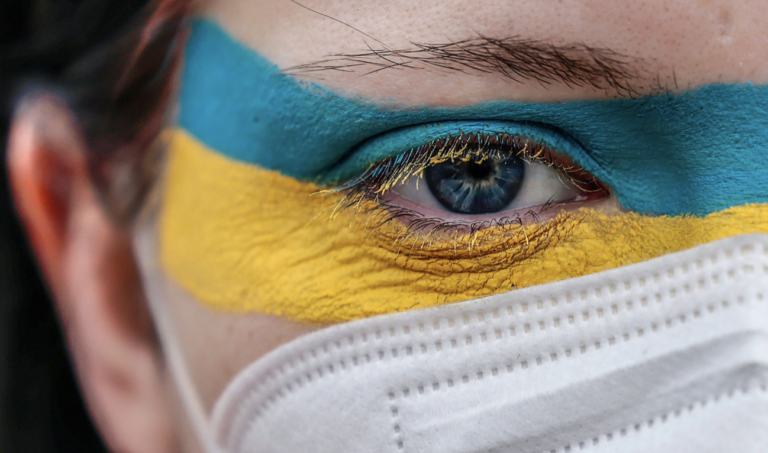Three important points of TDR in psychedelic therapy training in Ukraine:
- Fluence’s partnership with UPRA and HUT harnesses the healing potential of psychedelics to provide free psychedelic therapy training to Ukrainian mental health professionals fighting war trauma.
- More than 540 Ukrainian mental health professionals have accepted psychedelic training and aim to incorporate psychedelics into the treatment of psychological trauma caused by the war.
- As the conflict continues in Ukraine, this collaboration represents a hopeful step towards national recovery, as psychedelics promise innovative mental health solutions.
Fluence, an educational platform for psychedelic therapy training, and the Ukrainian Psychedelic Research Association (UPRA), supported by the US nonprofit organization Heal Ukraine Trauma (HUT), are working together to improve mental health amid the ongoing conflict in Ukraine. Innovative approaches are emerging. . This partnership represents an important step in addressing the mental health crisis caused by the war by providing Ukrainian psychologists and doctors with comprehensive training in psychedelic therapy free of charge. This initiative is not just a part of humanitarian aid. This represents a forward-thinking approach to mental health care that leverages the transformative potential of psychedelics in healing war-related trauma.
The urgency of addressing the psychological aftermath of conflict cannot be overstated. The collaboration has already received a great response, with over 540 Ukrainian mental health professionals signing up to incorporate psychedelic harm reduction and integration into their clinical practice. This initiative is evidence of the recognition of psychedelics’ potential in treating psychological distress, a view that is gaining momentum around the world.
The broader context of this effort reveals a global shift toward acceptance of psychedelics as viable therapeutic agents. Countries such as Australia and the United States are investigating the clinical use of MDMA and psilocybin for PTSD and depression, with promising results. In Ukraine, the need for such innovative treatments is heightened by the brutal impact the war has had on the collective psyche of the country. The partnership between Fluence, UPRA and HUT will therefore not only provide immediate support to Ukrainian mental health professionals, but also place Ukraine at the forefront of the global movement towards psychedelic-assisted therapy.
However, the use of psychedelics in therapy, especially in war-torn countries, raises ethical considerations. The potential use of psychedelics to enhance performance on the battlefield, as considered in historical and current contexts, highlights the importance of clear guidelines and intentions behind clinical applications. . The main goal remains the mental health and recovery of those affected by war, and ensuring that the therapeutic use of psychedelics does not stray into unethical territory.
Furthermore, the success of this initiative in Ukraine could serve as a model for other countries addressing collective trauma, demonstrating the potential for integrating psychedelic therapy into mainstream mental health services. The Ukrainian Psychedelic Research Association is working towards gaining recognition of psychedelic therapy as a valid form of postgraduate education, paving the way for wider acceptance and use of these treatments in professional settings.
This collaborative effort not only highlights the potential of psychedelics in healing and recovery, but also reflects a growing consensus about the need for innovative approaches to mental health. As a program is rolled out, it is essential to monitor its results to ensure that the benefits of psychedelic therapy are realized in a safe, controlled and ethical manner.
The efforts of Fluence, UPRA, and HUT are a ray of hope for Ukraine and promise a new path to healing for those scarred by war. This highlights the critical role of innovative mental health solutions in the nation’s recovery efforts, providing not only a means to address immediate psychological needs, but also a path to a more resilient and mentally healthy future. It also provides a vision. If you want to stay up to date on all of TDR’s research, subscribe to our daily Baked In newsletter.


